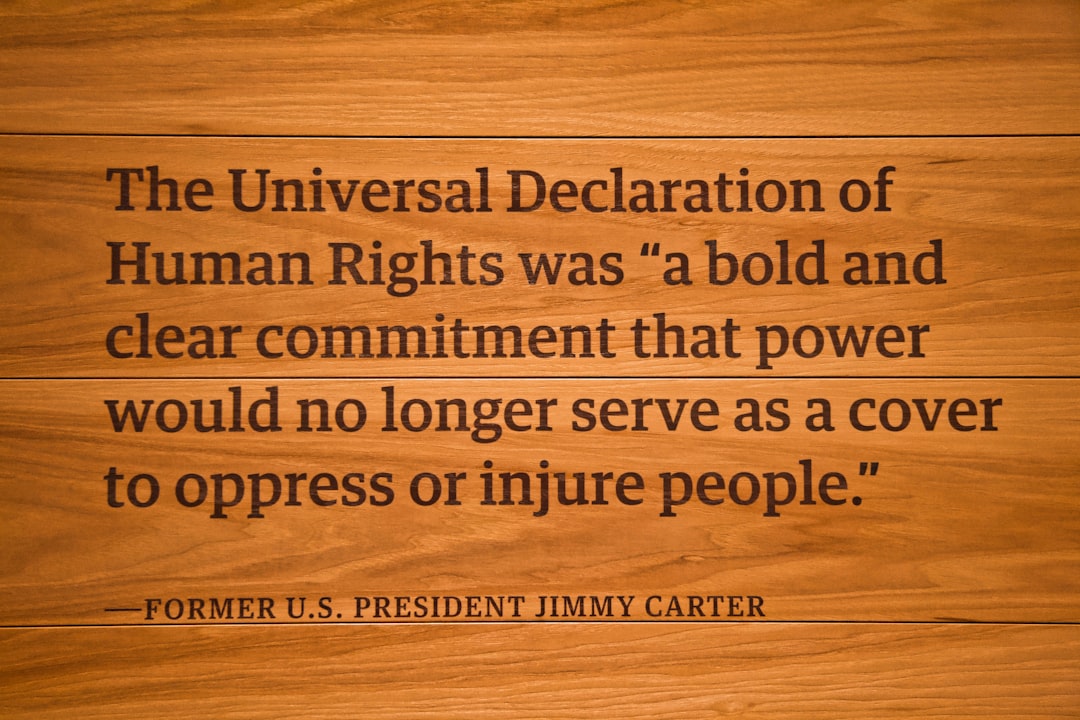What is it about?
This paper surveys Derrida’s discussions of political sovereignty in order to highlight his preference for a cosmopolitan world order and show how the deconstruction of sovereignty cannot proceed on the model of his earlier analyses of concepts such as justice, hospitality, forgiveness and democracy. How does one deconstruct the unconditioned and apparently undeconstructible concept and institution of sovereignty? Two elements of Derrida’s response to are then critically examined. First, I explore his qualified defence of the principle of sovereignty and his reluctance to unconditionally reject it on the grounds that it is implied in the ‘classical principles of freedom and self-determination.’ I argue that the critique of the ideals of personal agency and freedom based on a conception of individual sovereignty ought to be pursued but that this need not imply rejection of the normative priority of individuals. Second, I examine his efforts to distinguish between sovereignty and the unconditioned that he aligns with deconstructive thought. I argue that, while the institutions and exercise of sovereignty are deconstructible, there is a sense in which pure sovereignty remains a necessary foundation political liberalism and for a cosmopolitan world order.
Featured Image
Read the Original
This page is a summary of: Deconstruction and the Problem of Sovereignty, Derrida Today, May 2017, Edinburgh University Press,
DOI: 10.3366/drt.2017.0139.
You can read the full text:
Contributors
The following have contributed to this page










